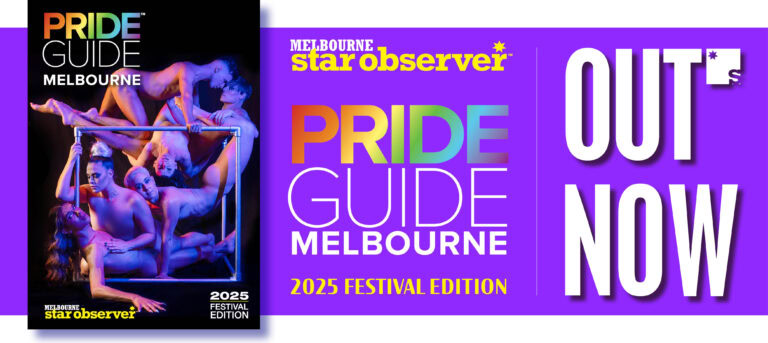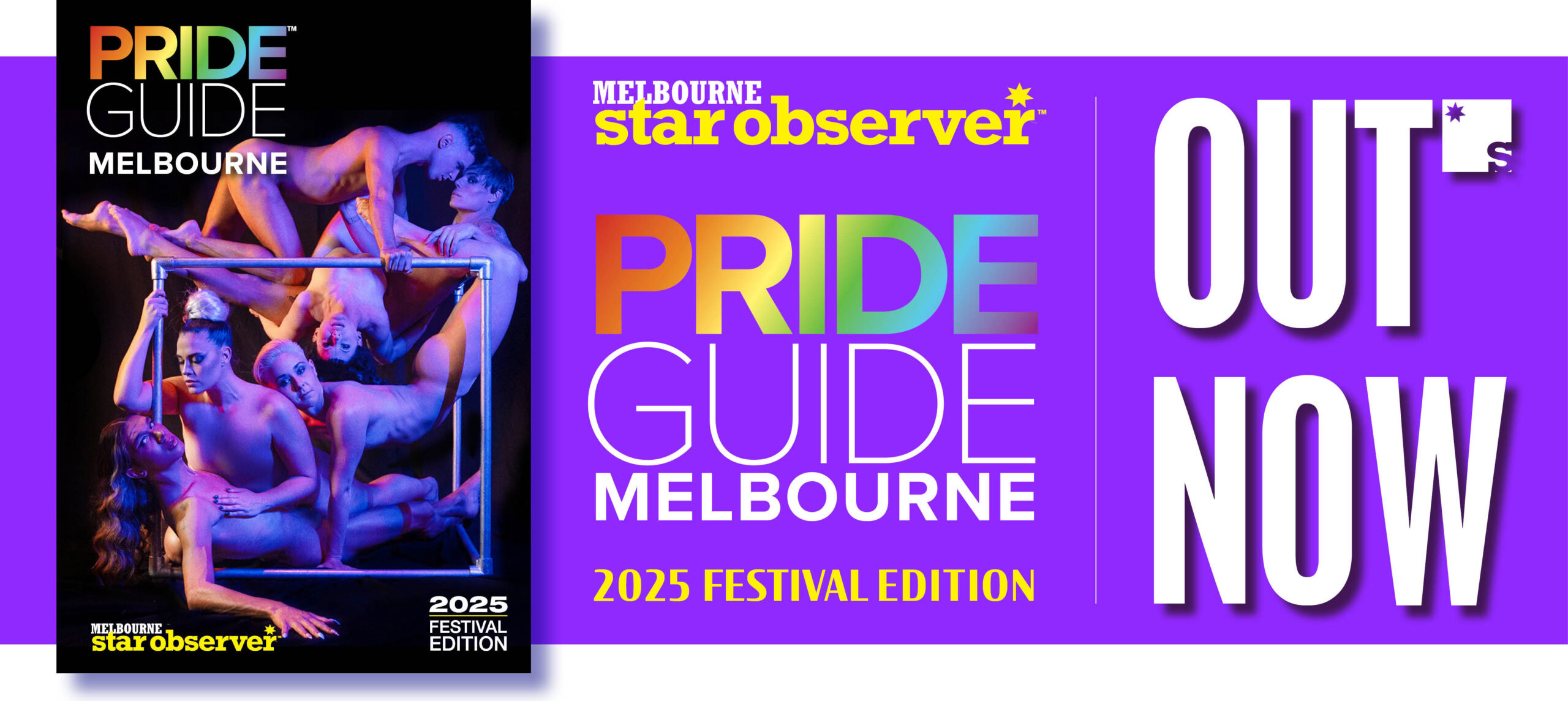
City marches for marriage
The City of Sydney will support the campaign for marriage equality this Sydney Mardi Gras by entering a giant ‘love boat’ float in the parade, complete with dancing sailors, disco lights and rainbow flags.
Fifty City of Sydney staff, friends and family decked out in sailor hats and T-shirts reading ‘We ♥ SYD’ will perform alongside the float, waving banners calling for equal love rights and dancing to a remix of the theme from The Love Boat by renowned DJ Peewee Ferris.
Lord Mayor Clover Moore MP said Mardi Gras was a fantastic opportunity to celebrate Sydney’s GLBT community and make a statement about marriage equality.
“Sydney’s annual Mardi Gras Parade shows off our city at its very best – diverse, colourful and accepting of all people, regardless of their background or sexuality,” she said.
“The City strongly supports our GLBT community’s aspirations for full equality. Every Australian who wants to make a life commitment to the person he or she loves should be able to do so, and have it equally recognised and supported by law.
“Gay men and lesbians are as capable of establishing loving, caring and lifelong relationships as heterosexual couples. By denying them the opportunity to marry legally treats those relationships as different and lesser.
The City of Sydney has had an entry in the Mardi Gras Parade since 2005, and has provided the event with cash and in-kind sponsorships for more than a decade.
Moore said she hoped the ‘love float’ sent a strong message to politicians across the country that further reform on marriage equality is urgently needed.
For more information on the parade, visit mardigras.org.au










Yes Cadence, the things you list are important but if you’re concerned about protecting them the fight should be to make the protection available for everyone, not just married people. That would be equality. The law should make provision for mutual support with whoever we trust – friends, lovers, relatives, neighbours, take your pick – not just husband and wife at the exclusion of all others. That would be modernisation and a more realistic reflection of how society currently operates.
I do not think it is helpful, that a government turning their marriage into a Rewards Club, excluding non members from the provision of goods and services, is helpful.
John Howard changed the Marriage Act, to exclude same-sex couples, and kick them out of the rewards program. It is a problem when governments have an ability to define your most intimate decision – who you marry.
The right of an adult to enter into an uncoerced marriage to is a human right every bit as much as the right not to marry against one’s will. If you are a person that feels that marriage isn’t relevant, then you don’t have to do it, and you’re free to forge a life with or without a partner in whatever way best fits your values, and your choices should be respected. But many people feel comforted in a relationship where their closest relationship is recognised by the state, and laws that recognise inheritance rights, power of attorney, parenting rights, military and pension benefits, visitation, insurance and so on. I believe that equal marriage actually modernises the institution and makes it relevant, so that it no longer represents the transfer of ownership of a woman from one man to another and frees everyone from the assumption of sexist patronymics, and I’m proud to live in a city that recognises this.
Marriage is sacred to many; it is about intimacy and love, who we spend our life with, who we want to speak on our behalf when we are sick. It is the joy of growing old together, walking the journey of with your love.
Only in recent history did the government and some Churches takeover our intimacy and regulate it. There was a time not so long ago, when people gathered with their family and friends, their community, and had a ceremony and were thus pronounced married.
Sure I want my partner to speak for me if I am sick, or to get my superannuation if I die. I need some regulation for this, some legal certainty. But that is where it ends. I am just not sure I like the Marriage Act as it is- it excludes us, and defines our intimacy.
You all have the power to have your own ceremony now and call yourself married. I hired a large boat for my ceremony, and family and friends came, along with the in-laws from Hong Kong. People told my partner and I, “Welcome to our family”. Later, when talking about us, family and friends referred to my partner and I as married- they spoke fondly of our wedding.
It is the governemnts fault it is trouble now regulating intimacy. It was always headed for disaster. I have to now ask, what are buying into when seek Marriage Equality? I just want some legal protection for my partner, but not Gillard or Abbott defining my life.
Well Kyle, some of us who’ve been around for awhile thought the great advantage of being gay was that you were free of things like marriage and the baggage that comes with it. What changed?
Relevance for gay and lesbian people you say? Not very relevant for Mardi Gras who decided to drop ‘gay & lesbian’ from the parade title. As if it’s something to be ashamed of!
Furthermore, the law says marriage is “…the union of a man and a woman to the exclusion of all others, voluntarily entered into for life.” Just how is that statement in it’s entirety relevant to the heterosexuals it’s designed for, let alone same-sex couples?
@radical53: why I respect your right to this opinion, I believe you are the one that is out of touch with marriage relevance to many gay and lesbian people.
If we rid the “Institution of Marriage” then we will all be better off. Marriage has NO relevance in today’s world